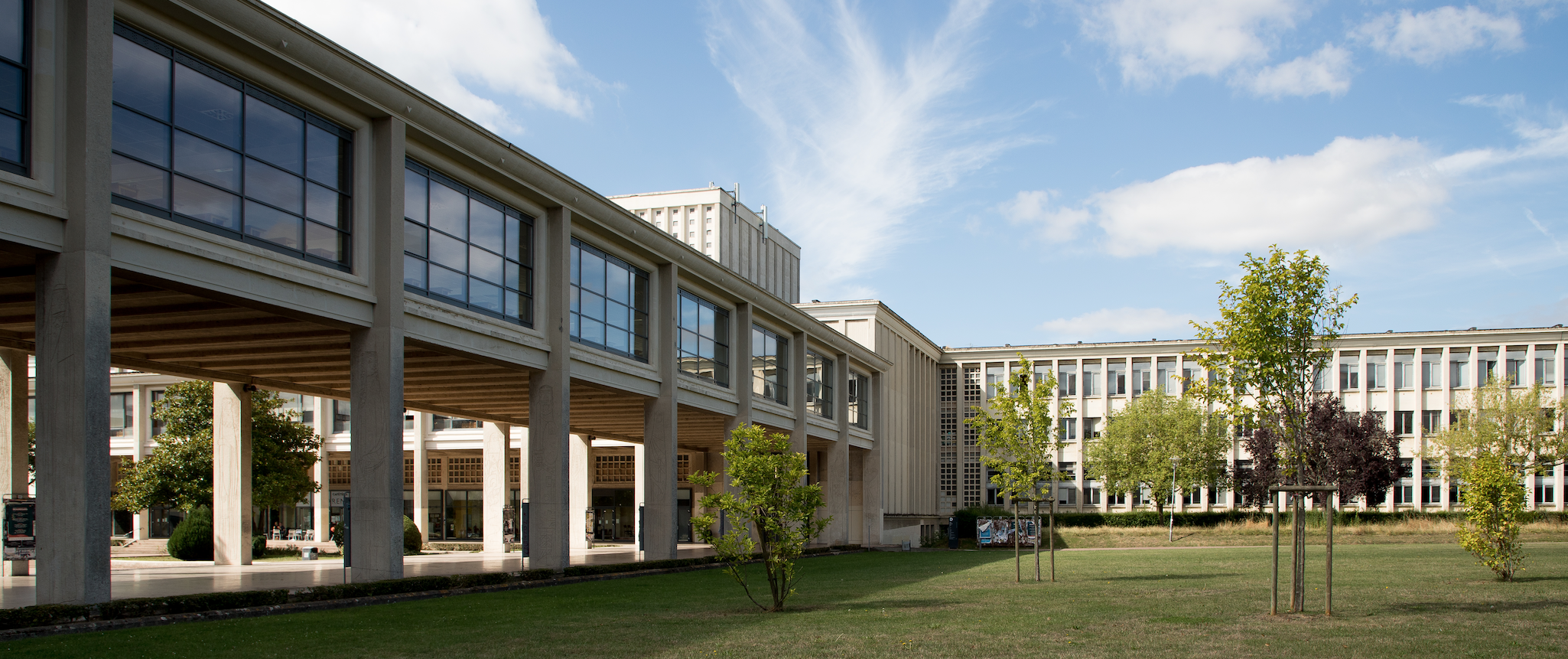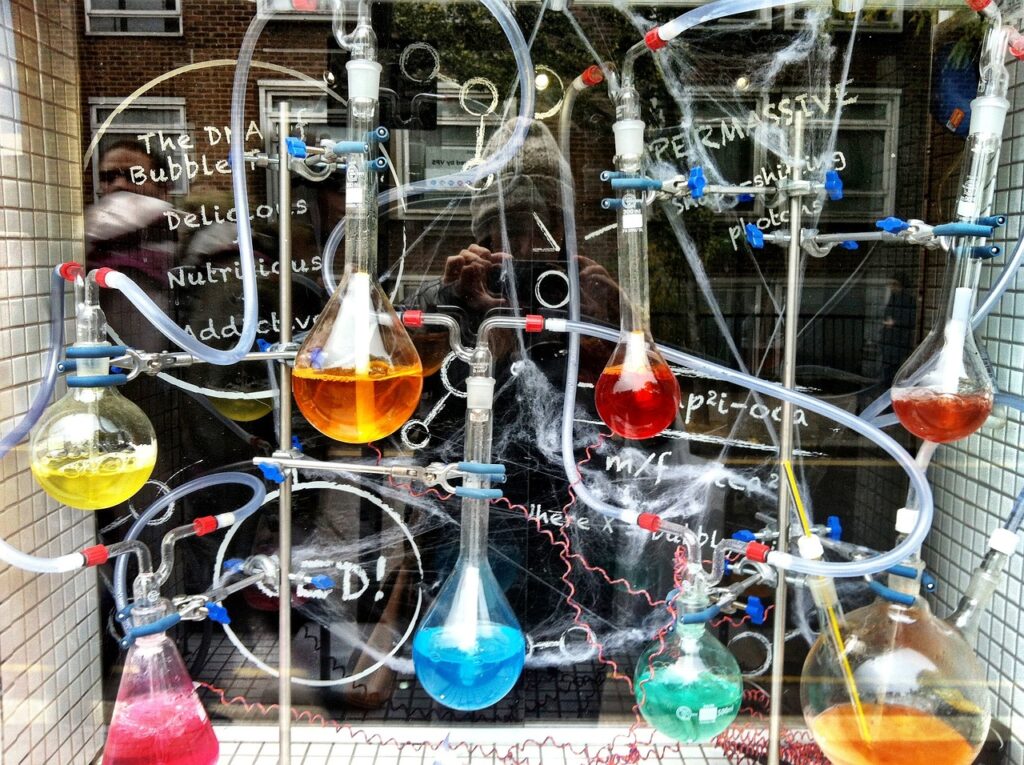The5th SPECTROCAT international seminar (SPECTROCAT 2022) was held from June 27 to July 1, 2022 at ENSICAEN and the University of Caen-Normandie (Campus II). Spectrocat 2022 was a great success, with 44 participants from outside the laboratory, including 6 engineers from industry, and 15 speakers (including 2 from industry). The vast majority of participants came from foreign institutions (90%) in Europe (Germany, Netherlands, Italy, Portugal, Romania), the Near and Middle East (Saudi Arabia, Israel) and the Americas (Chile), reflecting the international dimension of this symposium.
The colloquium provided an opportunity for convivial exchanges, both in the lectures and in the workshops and poster session, and reinforced the Catalysis and Spectrochemistry laboratory’s representativeness in the field of characterization of adsorbent materials and catalysts by vibrational and NMR spectroscopy.









